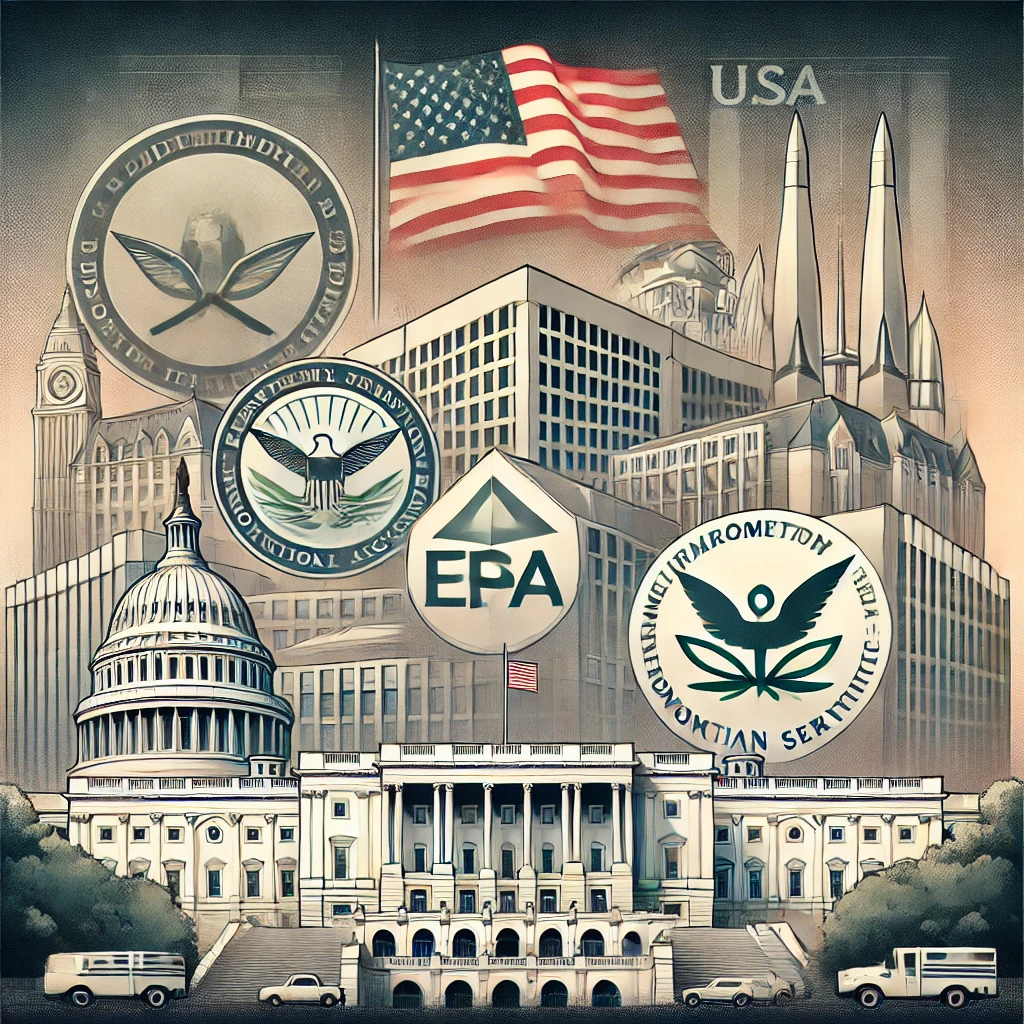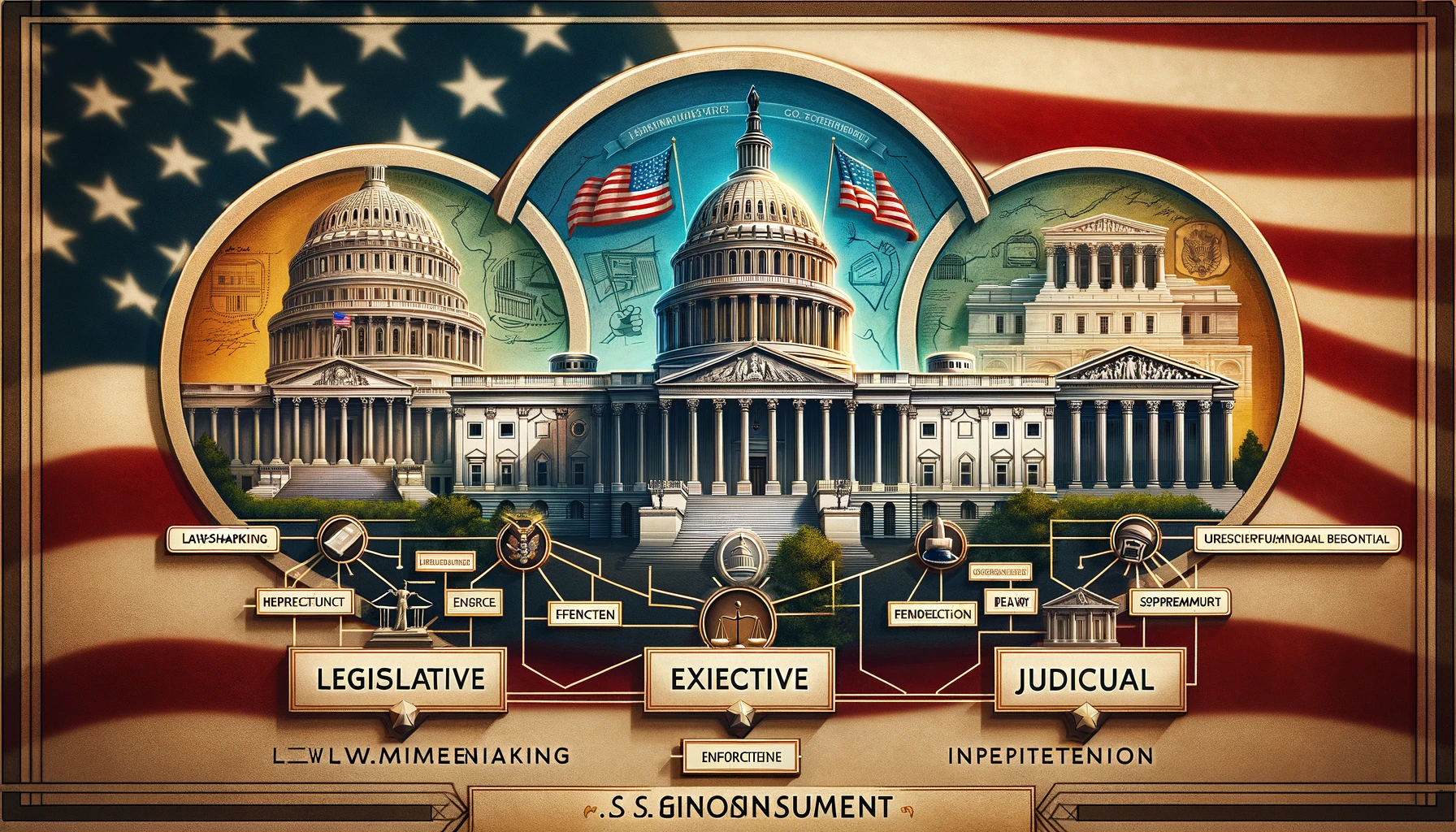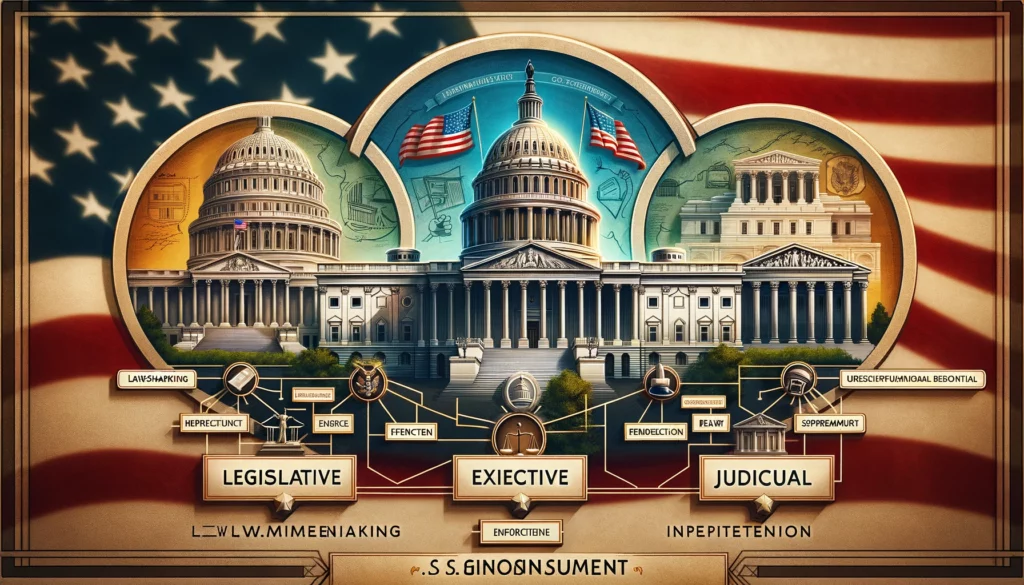
Introduction to Federal Agencies
Federal agencies play a crucial role in the administration and execution of laws and policies within the United States government. These agencies operate under the executive branch, implementing federal laws and regulations, providing essential services, and ensuring the smooth functioning of various sectors. As the backbone of the U.S. administrative system, federal agencies influence everything from public health and safety to national security and environmental protection. In this article, we explore the role, impact, and current challenges faced by federal agencies, shedding light on their significance in the modern American landscape.
The Structure and Function of Federal Agencies
Federal agencies can be broadly categorized into executive agencies, independent agencies, and regulatory commissions. Executive agencies operate under the direct control of the President and are typically headed by a Cabinet member. Examples include the Department of Health and Human Services (HHS) and the Department of Defense (DoD). Independent agencies, such as the Environmental Protection Agency (EPA) and the Central Intelligence Agency (CIA), function independently of executive control, although the President often appoints their leaders. Regulatory commissions, like the Federal Communications Commission (FCC) and the Securities and Exchange Commission (SEC), are designed to oversee specific industries, ensuring compliance with federal laws and regulations.
These agencies are tasked with various functions, including policy implementation, regulation enforcement, and public service delivery. They work to translate laws passed by Congress into actionable programs, enforce regulations to protect the public, and provide essential services, such as disaster relief, healthcare, and infrastructure development.
Key Federal Agencies and Their Impact
Department of Health and Human Services (HHS)
The Department of Health and Human Services is a vital agency responsible for safeguarding the health and well-being of all Americans. HHS oversees a wide range of programs, including Medicare, Medicaid, the Centers for Disease Control and Prevention (CDC), and the Food and Drug Administration (FDA). These programs collectively impact millions of lives by providing healthcare, promoting public health, and ensuring the safety of food and medical products.
During the COVID-19 pandemic, HHS played a critical role in coordinating the federal response, including the development and distribution of vaccines, public health guidelines, and emergency funding for hospitals. The agency’s work underscores the importance of a well-functioning federal health infrastructure in times of crisis.
Environmental Protection Agency (EPA)
The Environmental Protection Agency is an independent agency dedicated to protecting human health and the environment. Established in 1970, the EPA is responsible for enforcing environmental laws such as the Clean Air Act, Clean Water Act, and the Toxic Substances Control Act. The agency’s efforts are crucial in addressing pollution, climate change, and the conservation of natural resources.
Recent initiatives by the EPA have focused on reducing carbon emissions, promoting renewable energy, and addressing environmental justice issues in marginalized communities. As environmental concerns become increasingly urgent, the role of the EPA in shaping sustainable policies cannot be overstated.
Department of Defense (DoD)
The Department of Defense is the largest and one of the most influential federal agencies, tasked with overseeing the U.S. military and ensuring national security. The DoD encompasses the Army, Navy, Air Force, Marine Corps, and Space Force, as well as numerous defense agencies and intelligence services.
The DoD’s responsibilities extend beyond traditional warfare, encompassing cybersecurity, counterterrorism, and disaster response. The agency’s budget is one of the largest in the federal government, reflecting its critical role in safeguarding the nation against both foreign and domestic threats.
Challenges Faced by Federal Agencies
Despite their significance, federal agencies face numerous challenges that can hinder their effectiveness. Budget constraints, bureaucratic inefficiencies, and political pressures are among the most pressing issues. These challenges can lead to delays in policy implementation, reduced public trust, and difficulties in responding to emerging threats.
For instance, budget cuts and staffing shortages have affected agencies like the Internal Revenue Service (IRS) and the Social Security Administration (SSA), leading to longer processing times for tax returns and social security benefits. Similarly, political interference can undermine the independence of regulatory agencies, as seen in recent debates over the role of the EPA and the Consumer Financial Protection Bureau (CFPB).
Moreover, the rapid pace of technological change presents both opportunities and challenges for federal agencies. Cybersecurity has become a paramount concern, with agencies like the Department of Homeland Security (DHS) and the Federal Bureau of Investigation (FBI) working tirelessly to protect critical infrastructure from cyberattacks. At the same time, agencies must adapt to new technologies and data-driven approaches to improve service delivery and policy outcomes.
The Future of Federal Agencies
Looking ahead, federal agencies will need to continue evolving to meet the demands of a rapidly changing world. Innovation, transparency, and collaboration will be key to ensuring that these agencies remain effective and responsive to the needs of the American public.
One area of focus is the integration of artificial intelligence (AI) and data analytics into federal operations. By leveraging advanced technologies, agencies can improve decision-making, enhance efficiency, and provide more personalized services. For example, the Veterans Affairs (VA) has been using AI to predict and prevent veteran suicides, demonstrating the potential of technology to address complex social issues.
Another critical area is the modernization of infrastructure and workforce development. As the federal workforce ages, agencies must invest in recruiting and training the next generation of public servants. This includes not only technical skills but also a commitment to public service ethics and civic responsibility.
Finally, federal agencies must prioritize public engagement and accountability. By fostering a culture of transparency and responsiveness, agencies can rebuild public trust and ensure that their actions align with the needs and values of the communities they serve.
Conclusion
Federal agencies are indispensable to the functioning of the U.S. government, playing a critical role in implementing laws, regulating industries, and providing essential services. Despite facing significant challenges, these agencies continue to adapt and innovate to meet the needs of the American public. As the nation navigates complex global issues, the work of federal agencies will remain crucial in shaping the future of the United States.
By understanding the structure, function, and impact of these agencies, we can better appreciate their importance and the challenges they face in fulfilling their mission. The continued success of federal agencies will depend on their ability to evolve, innovate, and engage with the public in meaningful ways, ensuring that they remain a cornerstone of American democracy.




